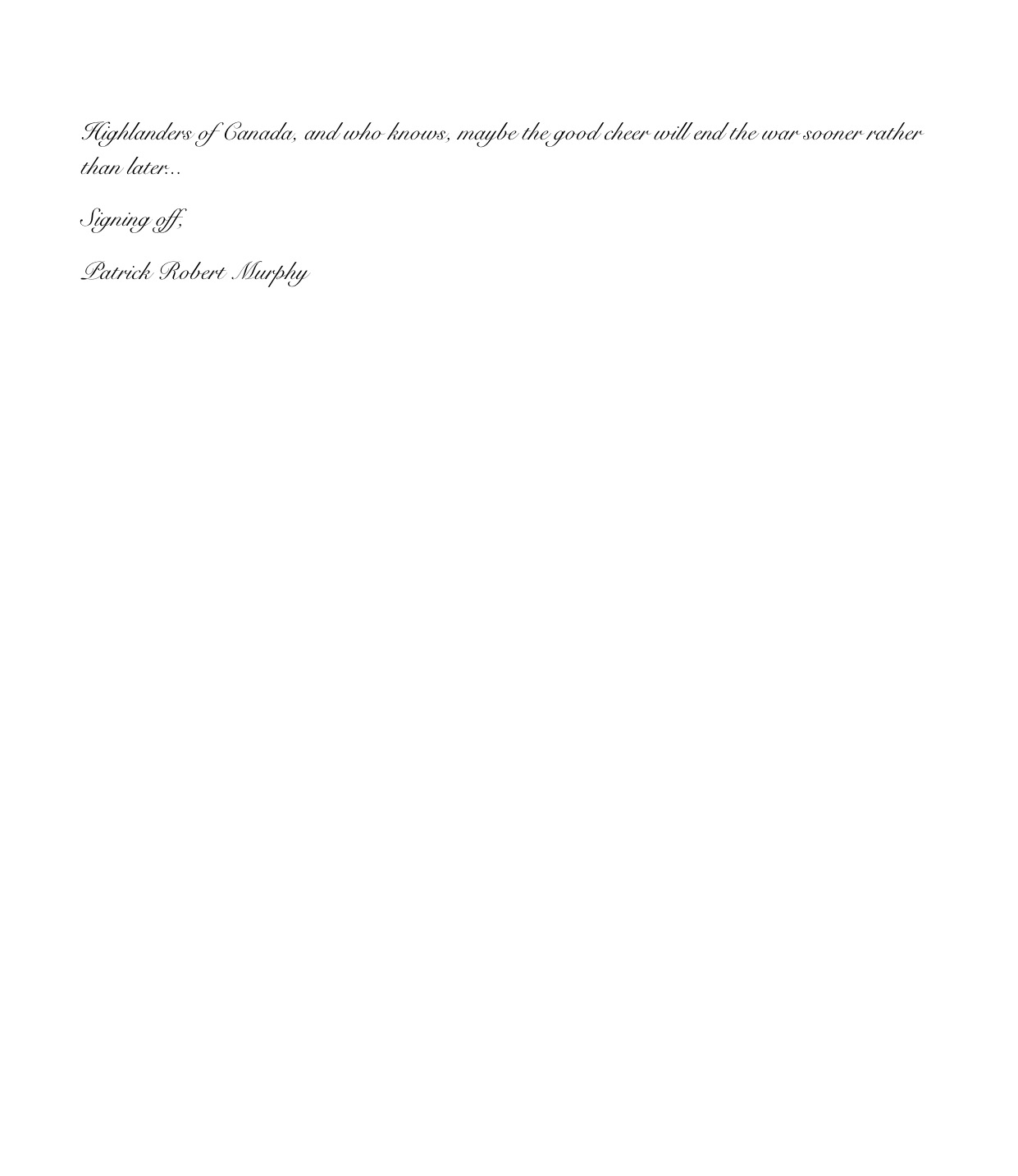I’m sure you are wondering what this post is all about, as the title might be a tiny bit confusing, so I’ll fill you in on what’s going on. In class, we have moved on from Canada’s tough times in the Great Depression of the 1930’s, to focussing on World War Two, and how Canada played its part in the fight.
So as a little background, here is a brief summary of the Second World War. WWII spanned from 1939 to 1945, taking place in Europe, and was fought between the Allied powers; Britain, The United States, and Soviet Union against the Axis powers; Germany, Italy, and Japan. WWII is known as the deadliest conflict in history, with over 60 million people, the majority of them civilians, being killed. It was also the largest armed conflict in history, spreading across the entire world and involving more countries than any other war before it, all the while, paving the way for powerful new weapons and equipment, such as the first ever use of nuclear weapons.
Our task was to dig deep into the life of a Canadian soldier that participated in WWII, and put ourselves in their shoes to write a diary entry of their experience in the war (If this assignment sounds familiar, it’s because we did the same thing for WWI: Check out my original post). At first, I was using a website that Ms Willemse gave us to look for a potential soldier to write about.
But after talking to my mom about the project, she reminded me that we actually had a few relatives that served in the war, one being my Great, Great Grandfather, Henry Murphy, and his son, my Great, Great Uncle Patrick Murphy.
All I knew of their time in the war, was that Henry Murphy had survived and made it back home to his family in Crofton, B.C. But Patrick Murphy actually passed away while fighting with the Seaforth Highlanders of Canada in Casino, Italy.
After hearing all of this, I immediately switched gears on my assignment and decided I wanted to figure out what my great, great uncle’s war story was before he died, so I searched his name up on the same website I was using previously. Unfortunately, there were no special documents or primary sources that came up when I searched his name. I only got his full name, a few dates, and his rank and unit. I knew I would need to know a bit more about him in order to write a journal entry from his perspective, so I got in contact with a few of my great aunts and uncles, and they sent me quite a few original primary sources, documenting my great, great uncle’s time as a soldier.
Patrick Robert Murphy enlisted for the Second World War in Vancouver, British Columbia, on November 10th, 1941. At the time he was living in New Westminster, an 18 year old, making a living as a log scaler. One of the documents records that he was a well spoken, intelligent man, who hoped to continue his career in the army after the war. In 1942, a year after his enlistment, he was shipped out to aid the war effort in Europe, where two years later, he was killed in action in Casino, Italy, on May 23rd, 1944, and continues to rest there to this day.
The journal entry that I have written, describes his thoughts and feelings on December 24th, 1942. This particular Christmas Eve is one where he is explaining why the men of Canada serving in Europe were not able to send detailed letters or souvenirs back to their homes and families. After a year of fighting overseas, Patrick Murphy is reflecting on his experience as a soldier, a 19 year old man trying to discover his purpose in the world.








February 1, 2017 at 4:31 am
My father, Thomas Campbell, enlisted in the Canadian army in early 1939 within days of war being declared. He served with the Royal Canadian Army Medical Corps, and, after being sent to England in 1942, his unit was selected to participate in the invasion of Sicily and the Italian campaign. Perhaps, as Patrick Murphy tells us,dealing with so many dead and wounded had a tremendous effect on my father and that could be why he would not ever talk of these horrors. We are fortunate that he did survive the war and returned to B.C. in 1946.